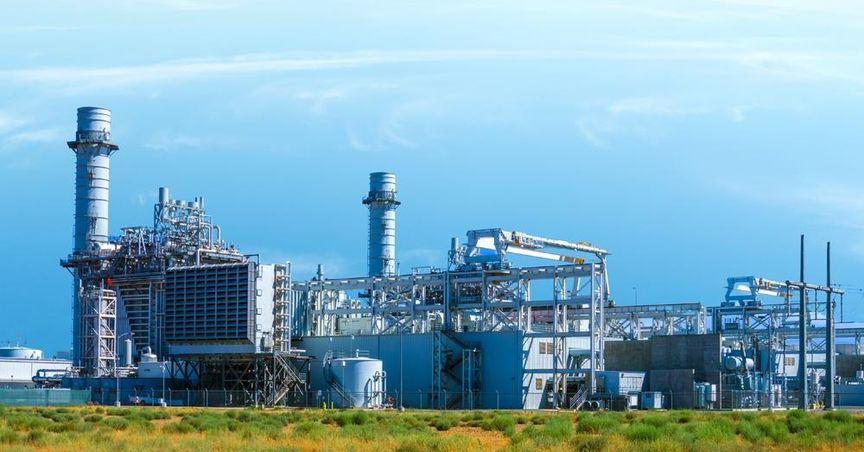Highlights
- ASX energy stocks dipped as Saudi Arabia reduced its crude prices for Asia.
- Major energy players like (BPT) and (WDS) recorded declines.
- Saudi Aramco’s price cut reflects subdued global oil demand.
Energy stocks on the ASX faced a downward trend after Saudi Arabia announced a significant reduction in crude oil prices for Asian buyers. This development, affecting ASX energy stocks, came alongside global oil benchmarks showing muted movement, reflecting subdued demand in the energy market.
By late morning, several key energy companies experienced notable declines. Beach Energy (ASX:BPT) fell sharply, dropping by over four percent, while Karoon Energy (ASX:KAR) and Woodside Energy (ASX:WDS) also recorded dips of over two percent. Santos (ASX:STO) and Ampol (ASX:ALD) followed suit with losses under two percent. The overall energy sector contracted by over one percent, making it the worst-performing sector on the ASX 200, which itself declined slightly.
The reductions in Saudi crude prices were unexpected in scale. Saudi Aramco, the state oil producer, announced its plans to lower the price of its Arab Light crude grade for January deliveries to a premium of 90 cents per barrel compared to regional benchmarks. This was a significant drop from the previous month’s premium of $1.70. Market expectations had predicted a smaller reduction, with premiums anticipated around $1 per barrel.
The move is part of a broader pattern reflecting subdued global demand for oil. Last week, OPEC+—an alliance of oil-producing nations led by Russia—opted to delay planned production increases. This decision, paired with Saudi Aramco’s price adjustments, signals a cautious approach in response to weaker market demand.
Global oil benchmarks Brent crude and West Texas Intermediate remained largely unchanged. Brent crude held at approximately $71 per barrel, while West Texas Intermediate hovered near $67. Despite the stable benchmarks, the broader impact of Saudi Aramco’s decision weighed on market sentiment.
Additional geopolitical factors add complexity to the oil market outlook. The recent toppling of the Syrian government has introduced uncertainties regarding crude supply from the Middle East. Market participants are closely monitoring the situation, especially as it involves key oil-producing nations like Russia and Iran, which face setbacks in the region.
These developments paint a cautious picture for the energy market, as global supply dynamics and pricing adjustments continue to influence investor sentiment and trading activity on the ASX.





